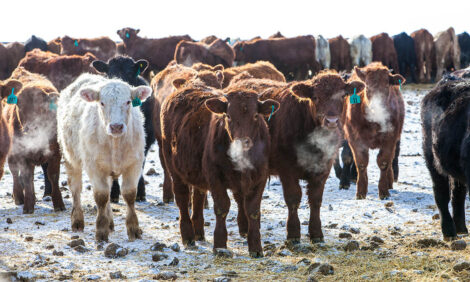



Water Policy Making Impact on New Zealand Farms
NEW ZEALAND - New Zealand has rung in the New Year with positive news on the sustainable farming front.A report compiled to measure progress of the country’s Water Accord has shown improvements on stock exclusion and general river and effluent management.
A survey of 1,000 dairy farmers showed 69 per cent had invested in an effluent system upgrade or were planning on doing so in the year.
Some improvements have been called for however, mainly in the area of data collection and collation, as well as localised effluence compliance issues.
While the Water Accord is a voluntary commitment, Dr Mike Scarsbrooker, environmental policy manager at DairyNZ thinks “meaningful progress” has been made.
“There is still a lot more to do but there are lots of examples where farmers are making a real contribution to improving water quality,” he says.
“We need to put a greater focus on nutrient management data collection at the farm level and on how to benchmark and deliver useful information back to farmers.
“The dairy companies are going to lead a review of how we collect information across the industry to ensure we can gather more data and lift the level of reporting from farms.”
Launched in July 2013, the Sustainable Dairying: Water Accord commits to improve New Zealand’s water quality and is key to ensuring a sustainable and positive future in the industry.
With many farms converting to dairy farming, many in the industry are calling for water policies to ease the impact of more intensive farming on the land.
But, its not just farmers who need to make changes. Every dairy company in the country now has an assessment programme for any building extensions.
As part of the Accord, farm effluent systems are checked by processors every three years, although some insist on annual appointments.
Producers are also encouraged to report nutrient management data to dairies, of which just over half now do.
Latest guesses suggest 96 per cent of rivers in the Accord have been fenced, with stock excluded from close to 24,000 kilometres of water way.
Michael Priestley
News Team - Editor
Mainly production and market stories on ruminants sector. Works closely with sustainability consultants at FAI Farms



